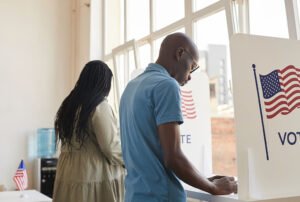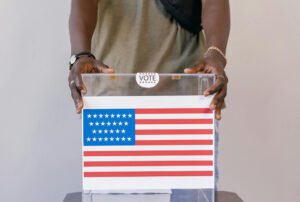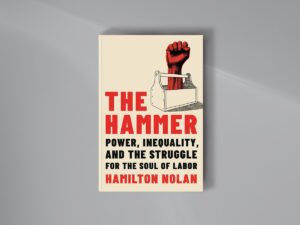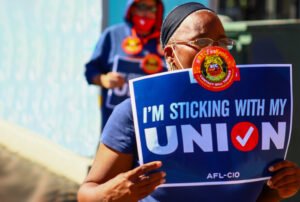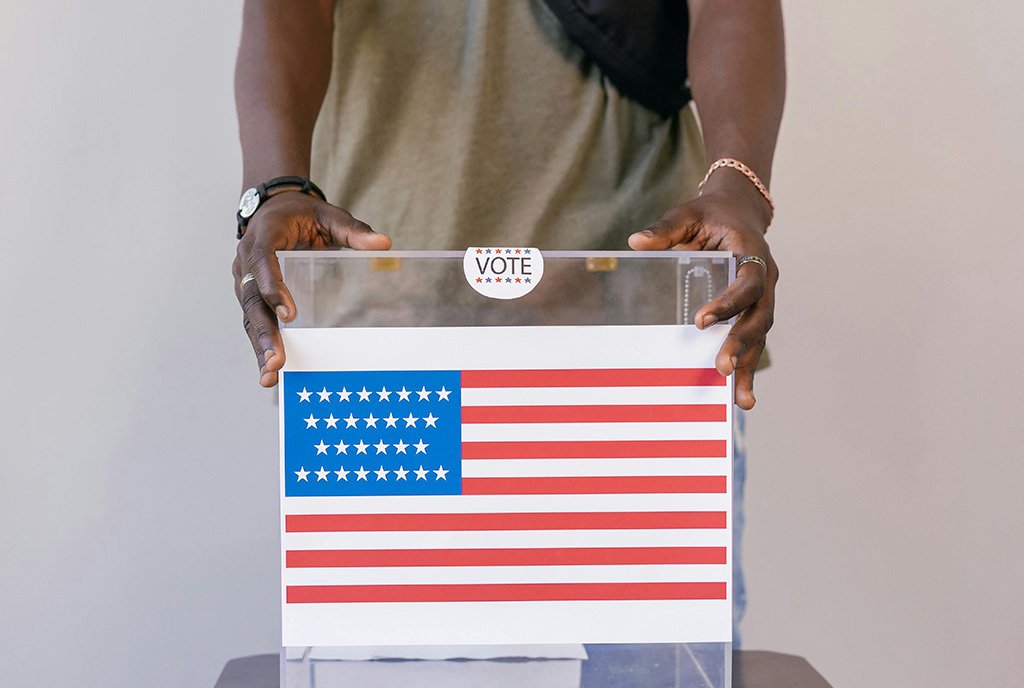February 24, 2014; New York Times
The New York Times reports that the chairman of the board of NYU’s Langone Medical Center and its CEO pressured employees at the hospital to make campaign contributions to politicians who were instrumental in getting it disaster aid in the wake of Super Storm Sandy in 2012. While the assertions may not technically violate any laws or regulations, they illustrate the fine line between nonprofits advocating for their causes and improper electioneering and partisan politicking.
The Times reported that less than two weeks after Hurricane Sandy made landfall, Kenneth Langone gave U.S. Senator Charles Schumer and other officials a tour of the flooding in the basement of his namesake NYU Langone Medical Center. By early the next year, Schumer and his Senate and House colleagues had approved $60 billion in post-hurricane disaster aid, with a large chunk going to the hospital.
Langone, co-founder of Home Depot and a major hospital benefactor, has been one of the biggest bundlers of campaign contributions for members of Congress. He has hosted, or plans to host, fundraisers for elected officials who helped pass the bill, including Representative Peter King, a Long Island Republican; Sen. Schumer, a Democrat; and Representative Eric Cantor, the Virginia Republican and House majority leader.
While many businesspeople view such fundraisers as the cost of doing business, they have caused “distress” among some NYU medical faculty members because Langone solicited donations from them in several mass emails, according to the paper. Late last year, before the Cantor fundraiser, Dr. Robert Grossman, the medical center’s chief executive, called out participants at a faculty meeting who had not given. Participants at the meeting told the Times that after a few took issue with Dr. Grossman’s comments, he told them that they were free to do as they wished.
Campaign finance laws generally prohibit companies from requiring that workers donate to a candidate, and experts told the paper that there appeared to be nothing illegal with Langone’s emailed solicitations. He wrote that he was acting as a private citizen and added, “I assure you that if you decide not to join me it will have no affect whatsoever on my respect and admiration for each of you.”
Sign up for our free newsletters
Subscribe to NPQ's newsletters to have our top stories delivered directly to your inbox.
By signing up, you agree to our privacy policy and terms of use, and to receive messages from NPQ and our partners.
But the experts said Dr. Grossman’s comments could be seen as more problematic. “After you get beyond simply notification that the opportunity is there for you, and get into ‘We know who has anted up and who hasn’t,’ then you are crossing a line into an area where, should it compromise somebody’s employment or the terms of their employment, certainly it would seem to fall afoul of the law,” Barbara Lawton, president and chief executive at Americans for Campaign Reform, told the Times.
A former general counsel for the Federal Election Commission (FEC) told the paper that as a supervisor, Dr. Grossman had made comments that could be construed as coercive, but that they probably were not illegal, since he had also told faculty members that they were not required to give. But “when you’re told, ‘Oh, you shouldn’t feel threatened by this,’ the first thing you feel is threatened,” one faculty member told the Times.
Langone defended the emails, saying that the fundraisers were a way of giving thanks to elected officials who helped the medical center out when it needed it. Dr. Grossman said the fundraising was justified because the damage from the storm was unprecedented.
A spokeswoman for NYU Langone said that they did not know who had given, despite Dr. Grossman’s comments at the faculty meeting. The medical center has received $180 million in hurricane aid, money that has helped the hospital quickly fix the storm damage. Ironically, Langone was a patient at the hospital during the storm and had to be evacuated.
In addition to FEC laws governing solicitation of campaign contributions by employers, the Internal Revenue Service has clear rules regarding the involvement of 501(c)(3) nonprofits, such as NYU Langone, in electioneering. C3’s are strictly prohibited from supporting candidates for partisan office, either by campaigning or donating funds; however, their employees and board members are free to support whatever candidates they like. This rule does not fully apply to the more political 501(c)(4)’s that have been getting so much negative media coverage over the past few years.
NYU has rules prohibiting employees from engaging in any political activity that involves the school, although Langone is not an employee, but chairman of the board. And not all faculty saw the requests as intimidating, saying they did not feel especially threatened and that they were general in nature. However, some faculty members opposed being asked to give to Republicans, who clashed with their own more liberal politics.
The campaign finance records the Times reviewed show Sen. Schumer doing better than Rep. Cantor among hospital employees. Representatives for the three elected officials said that each had simply helped an institution that needed it, and never expected any fundraising in return.—Larry Kaplan


